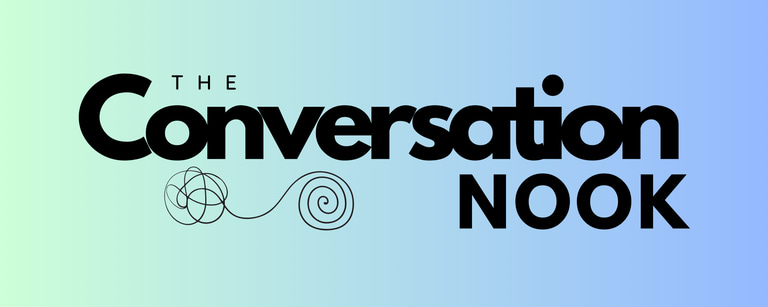Understanding the Difference Between a Life Coach and a Therapist.
Swetha Dhantal
2/19/20242 min read


In the journey of self-discovery and personal development, knowing who to turn to for guidance can make all the difference. Two professionals who often come to mind are life coaches and therapists, each offering unique approaches to support individuals in their quest for growth. Let's delve deeper into the disparities between these roles to help you determine who to approach when seeking assistance on your path to self-improvement.
Welcome to The Conversation Nook, where we delve deeper into how NLP can be the catalyst for your personal transformation.
Deciphering the Role of a Life Coach
Definition: A life coach is your partner in a transformative journey, dedicated to helping you unlock your full potential and achieve your aspirations. Their focus is on the here and now, empowering you to set clear objectives and take action towards realizing your dreams.
Approach: Life coaches leverage methodologies like Neuro-Linguistic Programming (NLP), Emotional Intelligence (EQ), and Rational Emotive Behavior Therapy (REBT) to facilitate positive change. Through NLP, they help you reframe limiting beliefs and behaviors, while EQ principles enhance your self-awareness and interpersonal skills. REBT assists in challenging negative thought patterns, fostering resilience and growth.
Focus Areas: Life coaches work with you on a wide array of personal and professional goals, ranging from career advancement and relationships to health and overall fulfillment. They provide unwavering support and hold you accountable as you navigate obstacles and strive towards success.
Unraveling the Role of a Therapist
Definition: A therapist is a trained mental health professional equipped to help you address deeper emotional and psychological challenges. They create a safe space for you to explore past traumas, entrenched patterns, and unresolved issues hindering your well-being.
Approach: Therapists employ evidence-based modalities such as Cognitive-Behavioral Therapy (CBT), Dialectical Behavior Therapy (DBT), and mindfulness practices to promote healing and growth. Their focus is on understanding the root causes of distress and providing tools to manage symptoms, fostering long-term emotional resilience.
Focus Areas: Therapists specialize in treating a spectrum of mental health issues, including anxiety, depression, trauma, addiction, and relational difficulties. They guide you through the process of self-discovery, helping you gain insight into your emotions and behaviors while building coping strategies for navigating life's challenges.
Conclusion: Who to Approach When?
When seeking guidance on achieving specific goals, clarifying your aspirations, and enhancing your overall well-being, a life coach may be your ideal companion. However, if you're grappling with deep-seated emotional wounds, persistent mental health concerns, or unresolved trauma, a therapist can offer the support and expertise needed to navigate these complex issues effectively.
By understanding the distinctions between a life coach and a therapist, you can make an informed decision about who to approach based on your unique needs and goals. Whether you're embarking on a journey of personal growth or seeking resolution for emotional challenges, remember that support is available, tailored to your individual journey towards a happier, healthier life.
Thank you
Swetha Dhantal
The Conversation Nook

